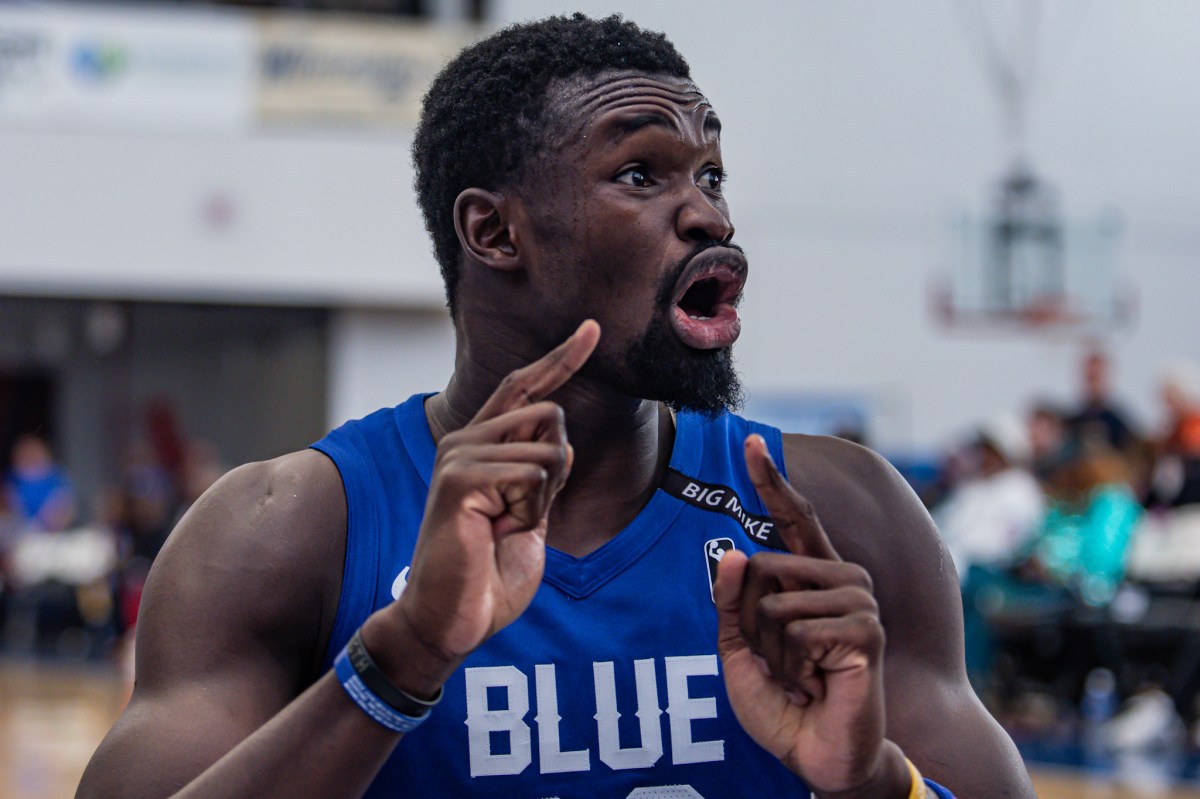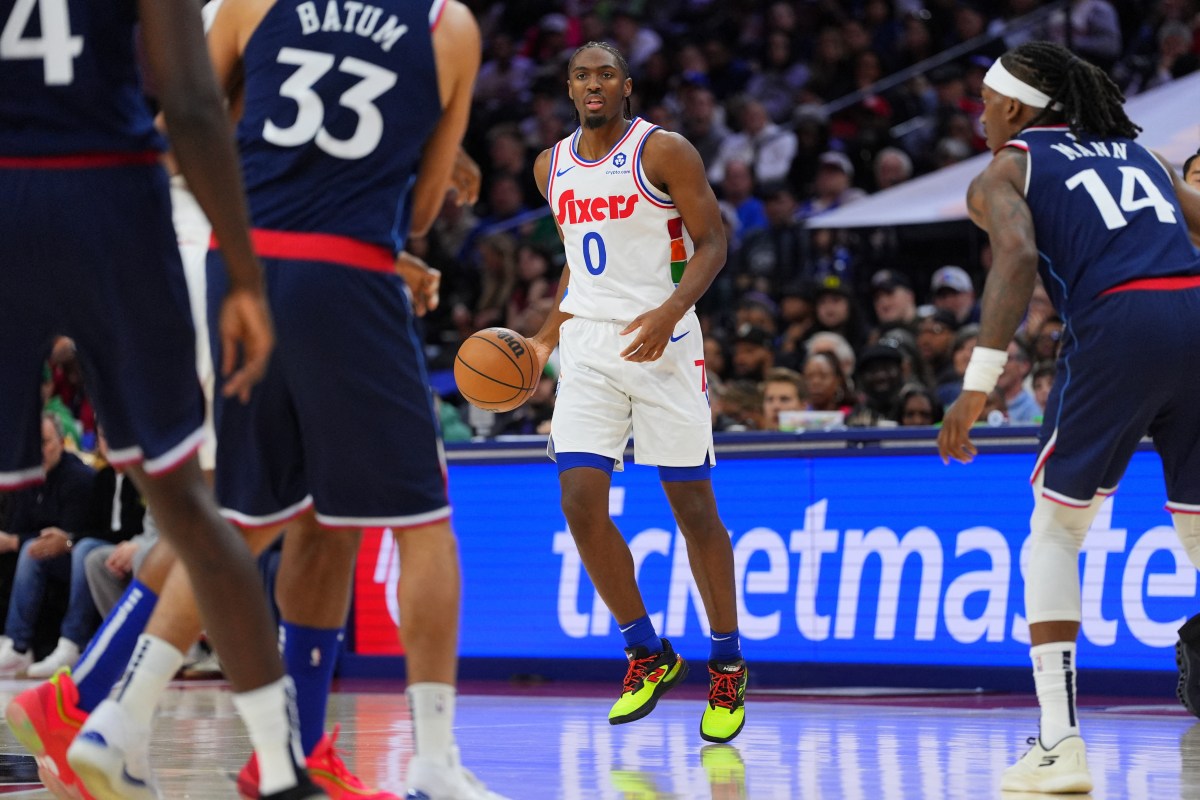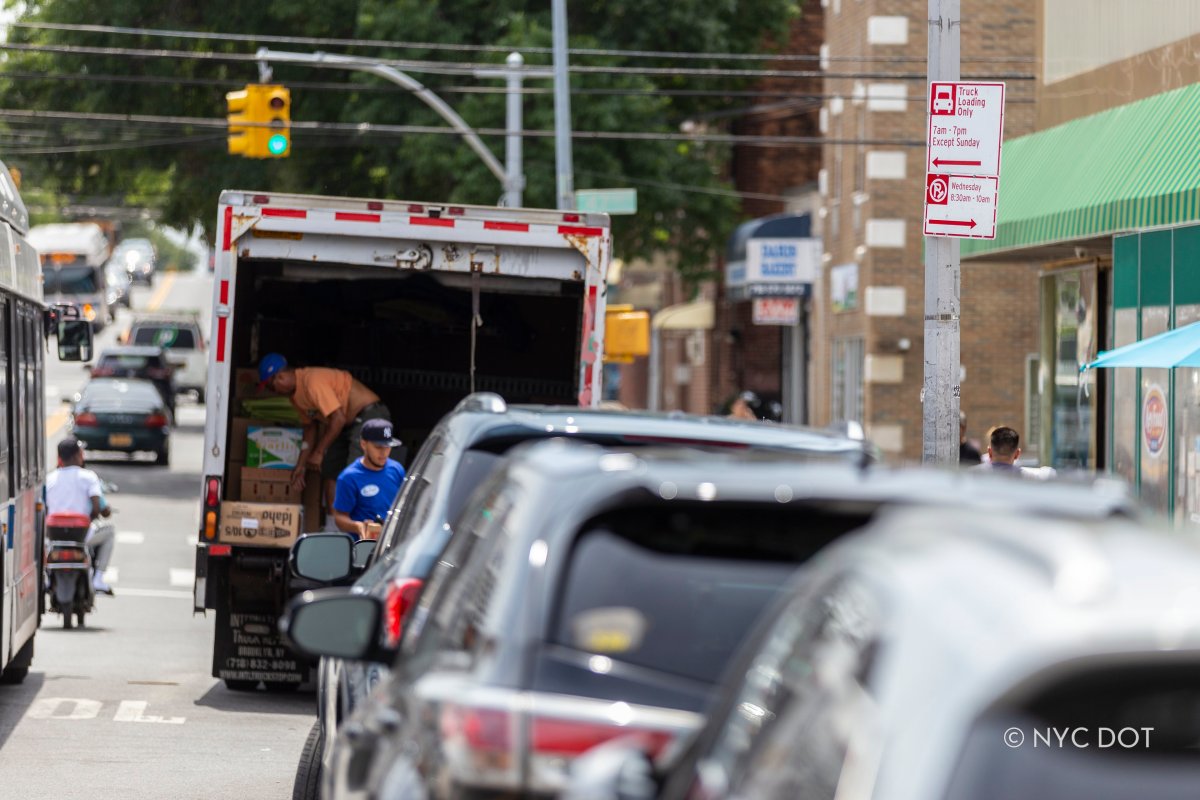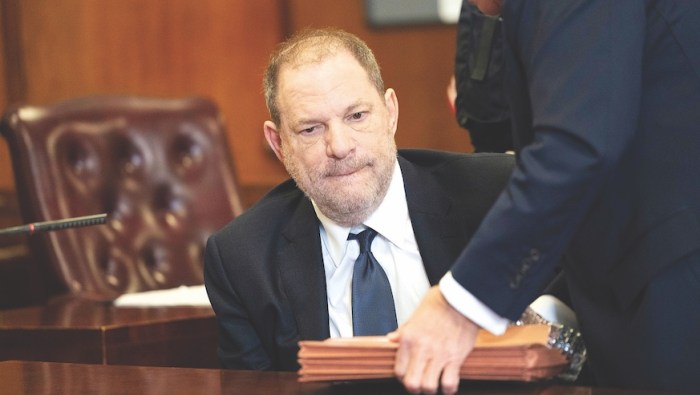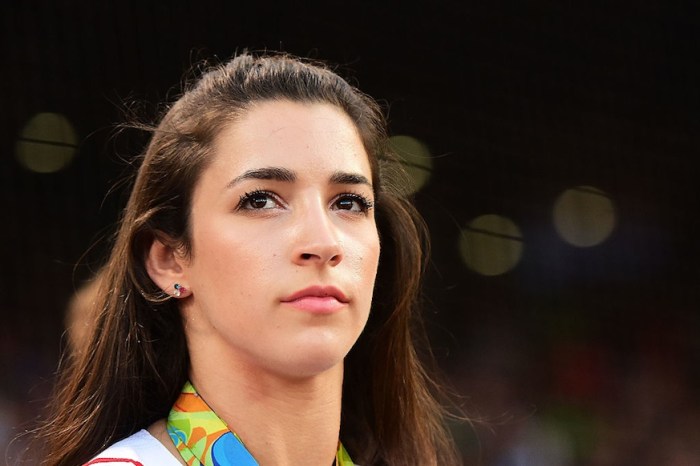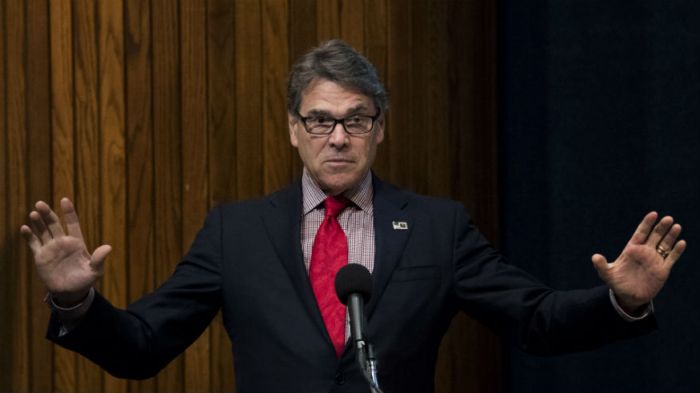The #MeToo movement has united countless victims of sexual assault and sexual harassment across the globe. Here in New York, it brought together two women from very different backgrounds to not only bond over surviving assault, but to also encourage others to join them as well via Saturday’s #MeToo rally in Times Square.
The rally is spearheaded by Annmarie Haubert, 24, and Connie Vasquez, 57, an EMT instructor and lawyer, respectively, who connected online after the Me Too movement first created by activist Tarana Burke 10 years ago ignited in October after actress Alyssa Milano urged women to use it as a hashtag to show how common sexual harassment and sexual assault are.
“I knew that a lot of people went through it, but out of my friend group, I really was the only one, and it made me feel very alone,” Haubert told Metro. “When I saw (#MeToo) gaining momentum and people were so brave to speak about their experiences, it made me feel like I could open up, too.”
In recent years, Haubert has opened up more about her experiences being groped, sexually assaulted and raped in her teens, but “with the momentum that this movement has brought, I’ve gained the courage to speak about it in public, on my Facebook and Twitter and let people know this is not OK,” she said,
Haubert and Vasquez will be among the speakers at Saturday’s #MeToo rally, which runs from 1-4 p.m. They will be joined by Sonia Ossoria, president of NOW-NYC; Elizabeth Cronise McLaughlin, women’s leadership coach and host of “#ResistanceLive”; Jamia Wilson, executive director of Feminist Press; therapist Betty Teng; Gary Greenberg, founder of Protect NY Kids; singer/songwriter Mae Krell; Aryn Quinn, founder of EndAbuse4Good and Farah Tanis, co-founder and executive director of Black Women’s Blueprint, Inc.
Saturday’s rally, which was moved from Columbus Circle to Duffy Square, in the northern triangle of Times Square between 46th and 47th Streets, aims to give victims a chance to be heard and seen — and to stop the cycle of blaming those who have been sexually assaulted or sexually harassed.
“There is so, so much victim blaming. And it really gets to me,” Haubert said. “It’s something I’ve dealt with personally from people who, at that point, I considered friends. They blamed me, what I was wearing, what I was saying and what I was doing.”
Haubert hopes that rally attendees are able to bond with each other the way she and Vasquez, with whom she had an emotional and “powerful” first in-person meeting with on Friday, did.
“I definitely want there to be this feeling of comfort and solidarity, that almost overwhelming feeling of ‘I’m not alone,’” she said. “I want everyone to feel that sense of not being alone, that we’re survivors.”





